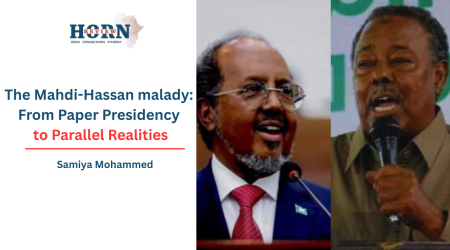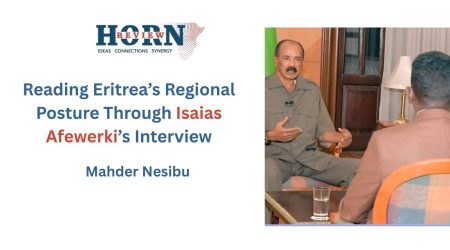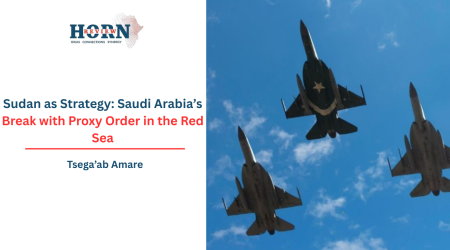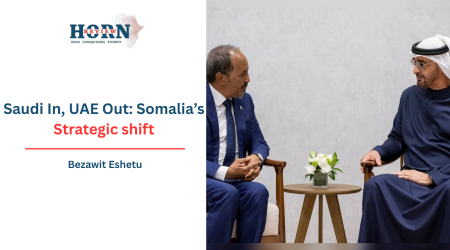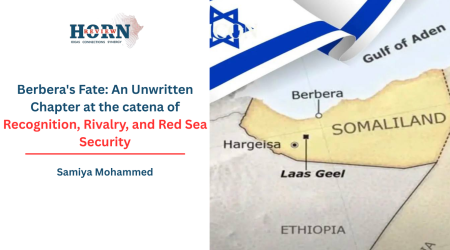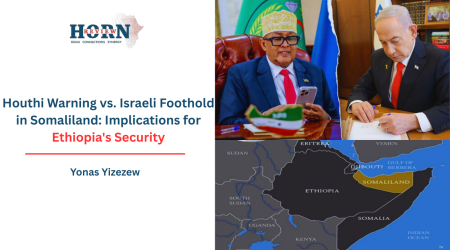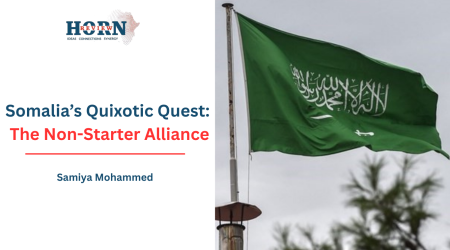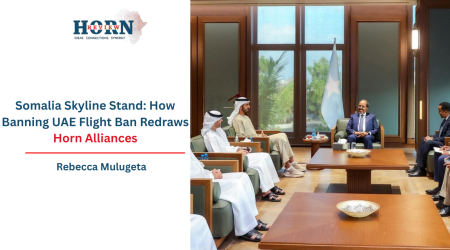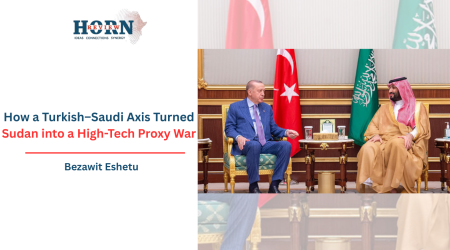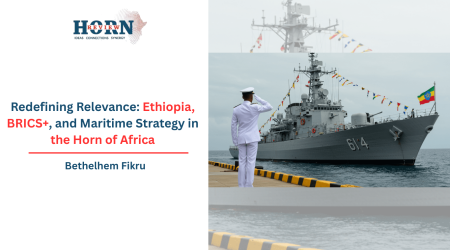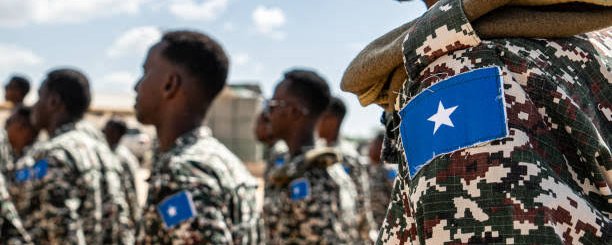
24
Apr
Morale in Tatters: The Leadership Void Devouring Somalia’s Army
The arrival of hundreds of Turkish special forces in Mogadishu is not a solution, it is a stopgap measure in a nation that has become a graveyard of foreign interventions and hollow governance. Ankara, ever the player in the Horn of Africa steps into the fray with the precision of a surgeon but the long term prognosis of a terminal patient.
The Somali National Army (SNA), a fractured entity where clan allegiance supersedes battlefield competence, remains a revolving door of inept leadership, with General Odowaa’s impending dismissal merely the latest episode in a tragicomic saga of military dysfunction.This is not nation-building, it is crisis management on borrowed time.
Turkey’s deepening plan in Somalia is often framed as altruism. The narrative is seductive but incomplete. Since 2011, when Recep Tayyip Erdoğan became the first non-African leader in two decades to visit Mogadishu at the height of famine, Ankara has meticulously cultivated influence through military training, infrastructure projects, and humanitarian aid. The TurkSom military base, the largest foreign training facility in Somalia, churns out Somali recruits under Turkish command, while the Port of Mogadishu, operated by Albayrak Group, ensures Ankara’s economic leverage.
This is not charity, it is strategic positioning. The Horn of Africa , where global and regional powers, UAE, Qatar, China, and now Turkey vie for dominance. For Ankara, Somalia offers a gateway to the Red Sea, a counterbalance to Abu Dhabi’s influence in Somaliland, and a testing ground for its ambitions as a Sunni Muslim power broker. Can Turkey succeed where the United States, the United Nations, and the African Union have floundered?History suggests otherwise.
The Somali National Army is less a cohesive fighting force and more a loose confederation of clan militias in uniform. The imminent replacement of General Odowaa following the disastrous Adan Yabaal offensive where al-Shabaab out maneuvered and humiliated government troops is symptomatic of a deeper rot.
Four names circulate as potential successors, however as sources indicate, none inspire confidence. Meritocracy is sacrificed at the altar of clan patronage, loyalty trumps lethality.
This is not unique to Somalia. Afghanistan’s National Army collapsed not because of a lack of weaponry but because it was an artificial construct, a Western-imposed institution devoid of organic national cohesion. The SNA suffers the same affliction. Soldiers fight not for Somalia but for their clans, their warlords, their paymasters. The constant reshuffling of leadership erodes morale, entrenches corruption, and leaves rank-and-file troops disillusioned when they are not defecting outright.
Al-Shabaab, by contrast, operates with brutal efficiency. It is not burdened by clan divisions, nor does it suffer from the existential identity crisis plaguing the SNA. It wages war with ideological clarity, exploiting every fissure in the Somali state. The group’s resurgence in recent months seizing towns, ambushing convoys, infiltrating government ranks demonstrates that military solutions alone are futile without political legitimacy.
The African Union Transition Mission in Somalia (ATMIS) is winding down, with a full withdrawal slated for December 2024. The mission, once hailed as the bulwark against al-Shabaab’s total takeover, has been a double-edged sword. While it prevented Mogadishu’s fall, it also fostered dependency, allowing Somali elites to outsource security rather than build a sustainable force.
Turkey’s intervention, then, is both timely and perilous. Ankara may bolster Mogadishu’s defenses in the short term, but without systemic reforms disbanding clan-based recruitment, purging corrupt officers, instilling real command discipline the SNA will remain a paper tiger. The s low, grinding descent into an unwinnable conflict, much like the U.S. in Afghanistan or Ethiopia in its own Somali quagmire.
Somalia is not an isolated case it is part of a broader pattern in the Horn of Africa, where foreign interventions often exacerbate instability. Ethiopia’s 2006 invasion birthed al-Shabaab the U.S.
counterterrorism airstrikes have killed civilians and fueled recruitment, the UAE’s backing of regional proxies has Balkanized Somali politics further. Turkey, for all its soft-power allure, treads the same dangerous path.
No external actor can manufacture stability in Somalia without an organic, inclusive political settlement. The Federal Government remains weak, regional states operate as semi autonomous fiefdoms, and al-Shabaab thrives in the vacuum. Until Mogadishu addresses the foundational fractures clan rivalries, endemic corruption, lack of public trust no amount of Turkish special forces will alter the trajectory.
By Samiya Mohammed,Researcher,Horn Review

